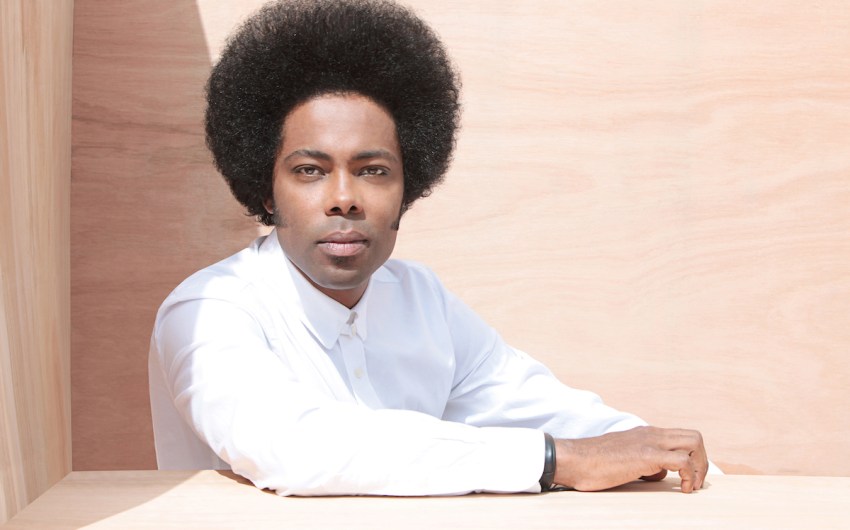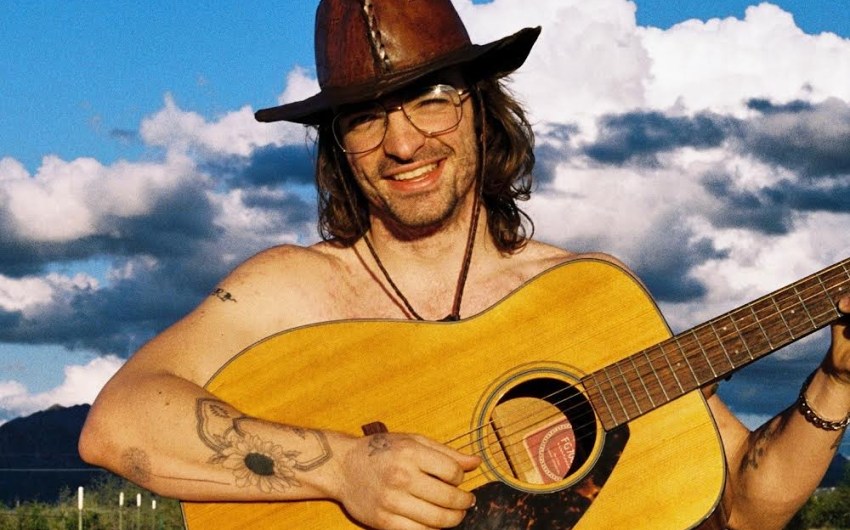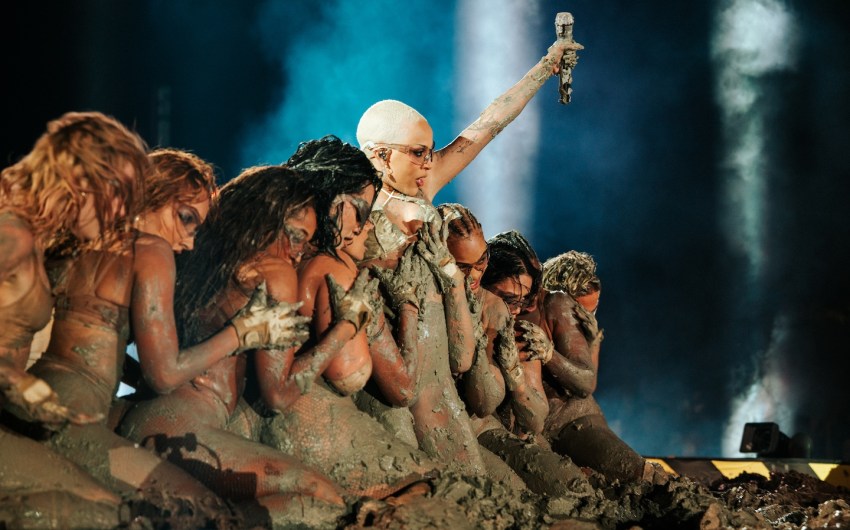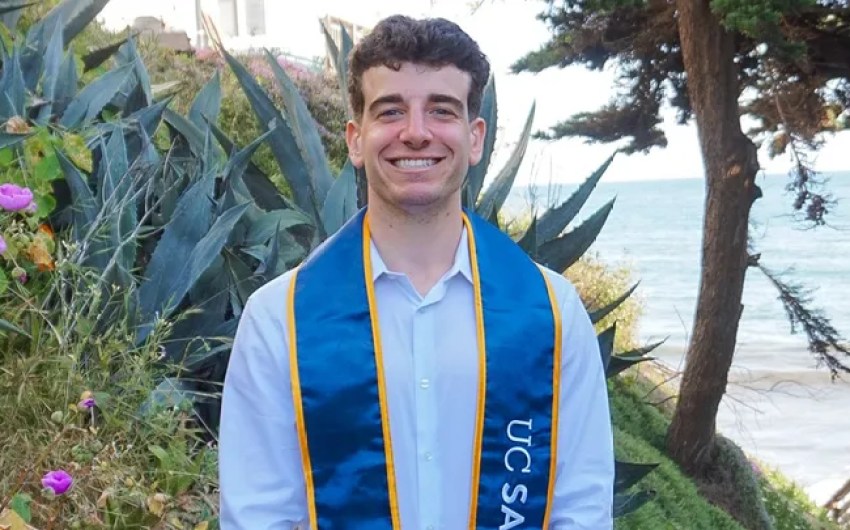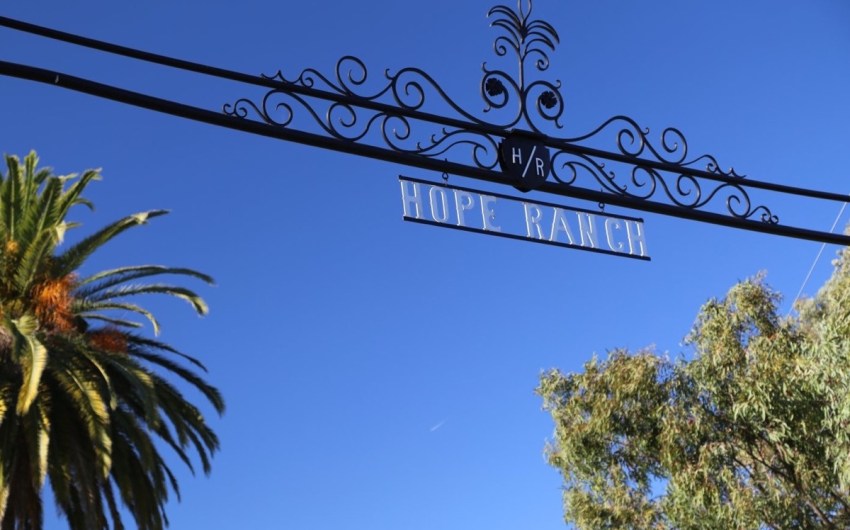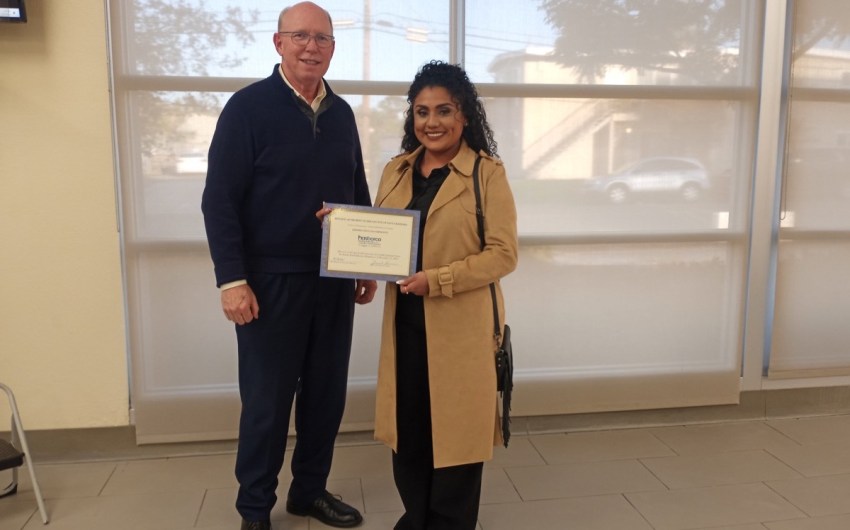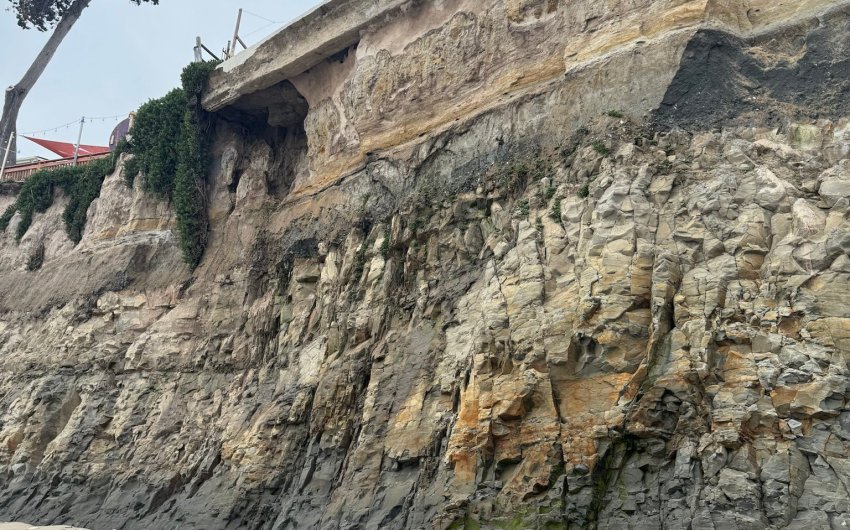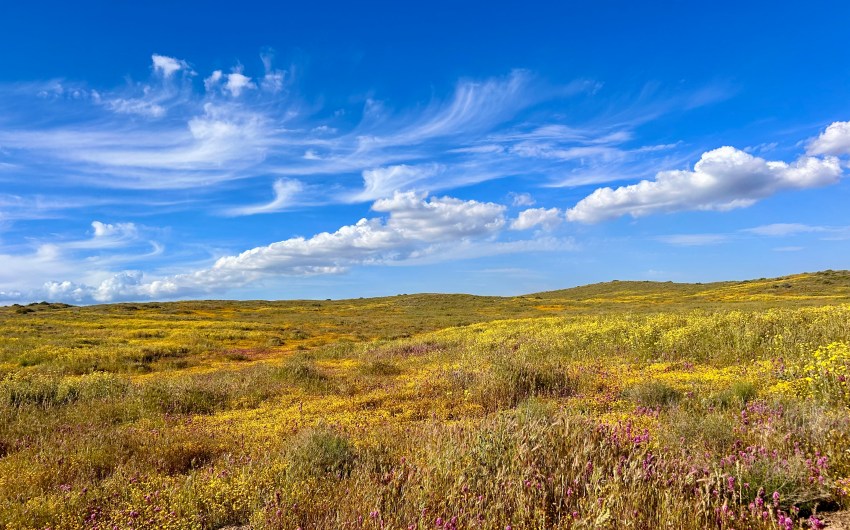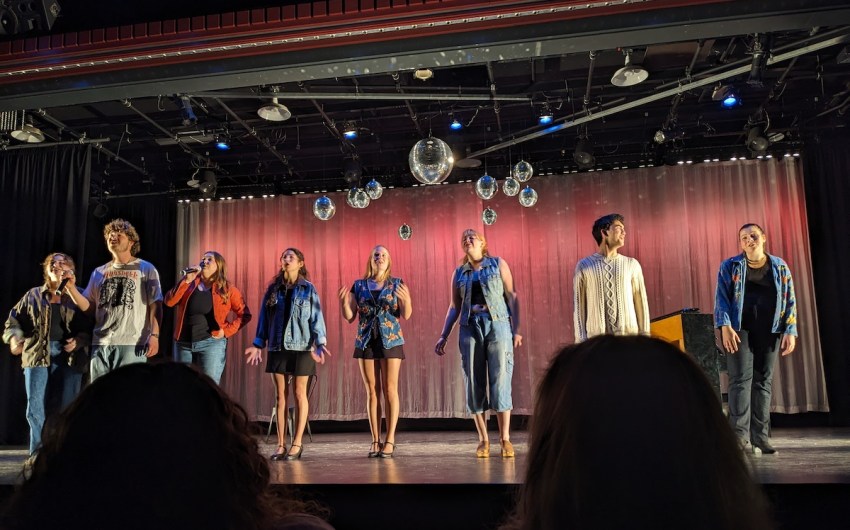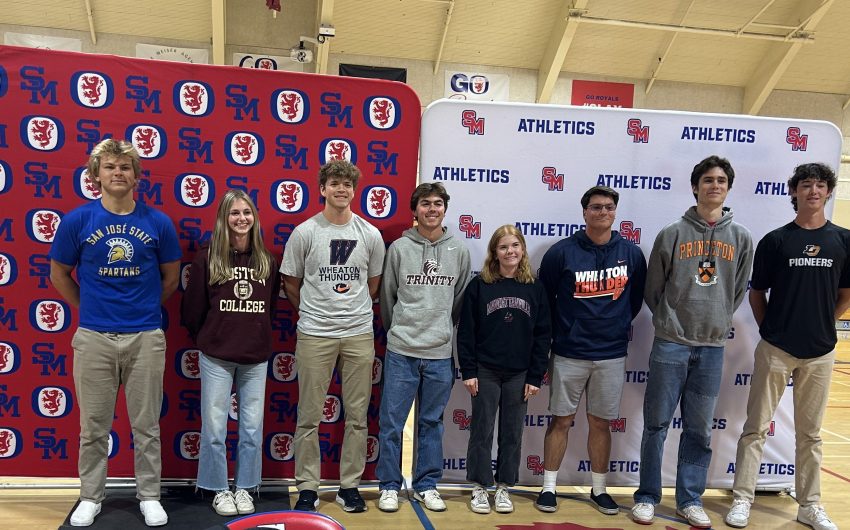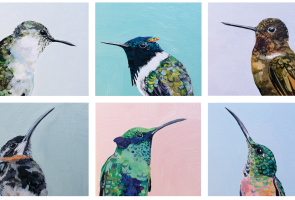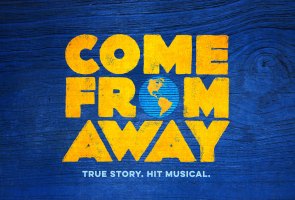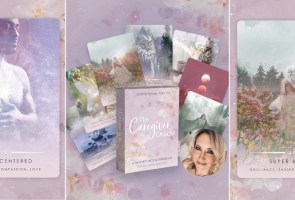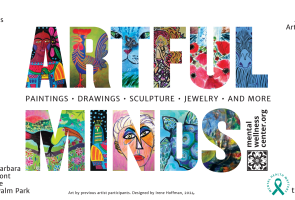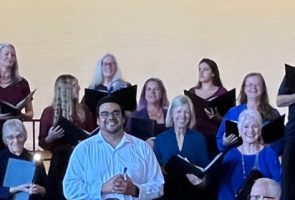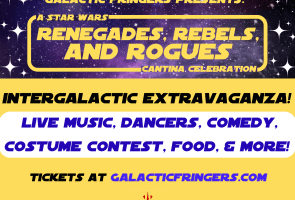Review | Sublime Schubertian Refractions, à la the Danish
Renowned Danish String Quartet’s Latest Santa Barbara Appearance Features Striking U.S. Premiere of New Thomas Adès Work, 'Wreath for Franz Schubert'
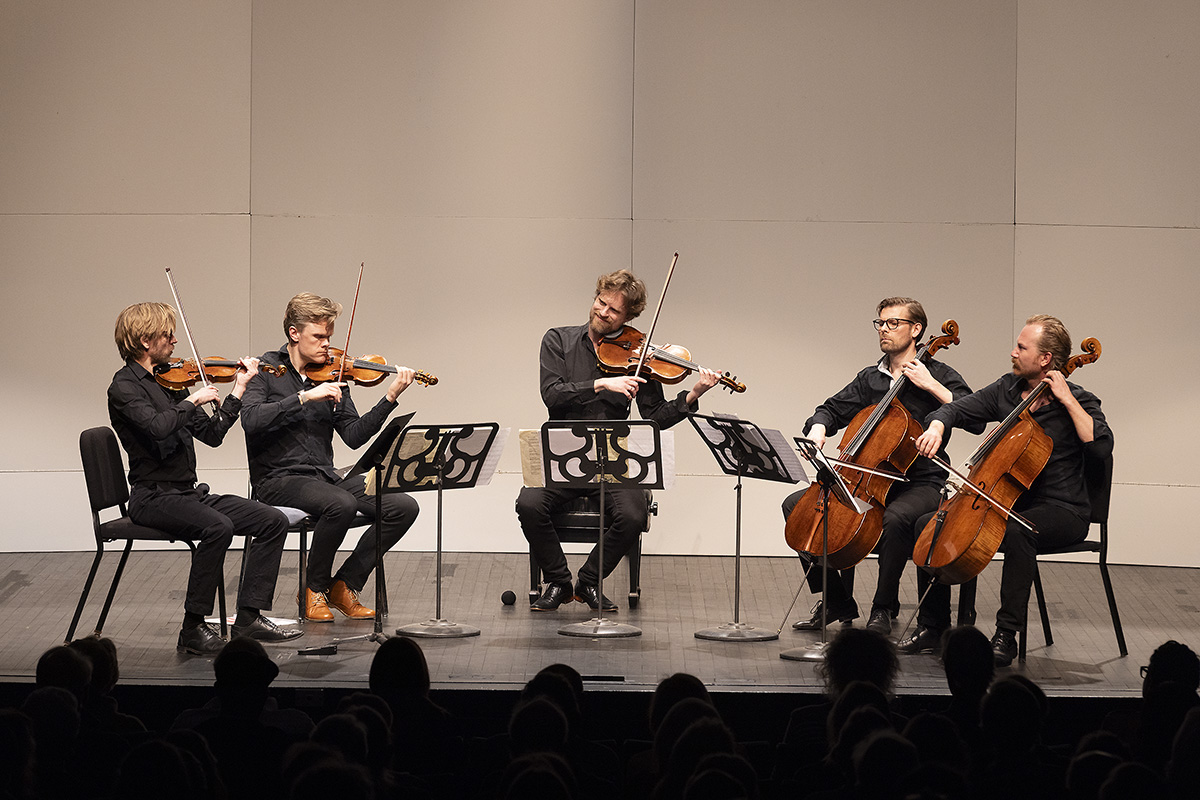
One of the more fruitful long-term relationships in Santa Barbara’s cultural scene is that of UCSB Arts & Lectures (A&L) and the world-renowned Danish String Quartet (DSQ). The much acclaimed-quartet has been hosted by A&L for several years now, forming a kind of mutual love pact reaffirmed last Wednesday at Campbell Hall.
The latest local appearance had a special significance, as the final installment of their four-year Doppelgänger project, an imaginative blending of Schubert’s later quartet works, and newly commissioned pieces by some of the world’s most illustrious composers. “Illustrious” is a more-than-operative descriptor for British composer Thomas Adès, on the list of top 10 living composers. His freshly cooked work Wreath for Franz Schubert finished off the dazzling DSQ project with a cool, informed, and hypnotic flourish. As an added bonus, the Campbell Hall stop was the official U.S. premiere of the new piece.
Adès’s masterful, somewhat mystical piece now joins the ranks of new pieces in the series, which also features Danish composer Bent Sørensen, Finnish composer Lotta Wennäkoski, and, last year, Icelandic Anna Thorvaldsdottir (then fresh off of having her music featured in the film Tár).
In a way, Adès’s piece made for the cleanest and most strategic liaison with the program it inhabits: The composer took direct inspiration for his Wreath piece from Schubert’s swan-song work, the String Quintet in C (with cellist Johannes Rostamo joining the core Danish ranks). Having the opportunity to hear the DSQ play the epic, hour-ish Schubert masterpiece in the concert’s first half, followed by Adès’s enigmatic, semi-deconstructionist love letter to that very work, added up to one of the most sublime events of the current classical year in town.
Schubert’s opus is a world unto itself, a controlled pageantry of emotional vicissitudes and musical splendors spread over its four movements. The DSQ, which has now steeped itself in the subtleties of Schubert interpretation during its four-year Doppelgänger project, was more than up to the task, delivering an astonishingly engaging performance — the best I’ve ever heard of the piece.
By way of a fitting introduction to the new repertoire addition, violinist Frederik Øland explained that the group was somewhat apprehensive about seeing the fruit of the composer’s new score, given his proclivity for writing complex scores with exacting demands of musicians. To their surprise, Adès’s new piece was unexpectedly spare and simple — at least on paper. It could be called minimal, though not minimalist, as such.
The composer relayed to the musicians, “This is the most experimental piece I’ve ever written,” an observation based on his unusual approach of giving each player the freedom of playing parts “more or less one bar from each other.” Such a looseness of temporal strategy might suggest something more in the direction of John Cage or Morton Feldman — whose airy, mesmeric music becomes one disarming reference point in Adès’s new invention.
From beginning to end, Wreath pulls us into an atmospheric realm less a detailed or evolving structure than it is a tapestry of evocative and time-lapsing quintet sound. Hints of Schubertian harmonies and fragmented melodic forms appear and dissolve in the mist, like an assembly of small, lovely blossoms in an all-over thicket. The captivating sum effect both celebrates the musical moment it exists in and pays due, contemporary-minded respects to a historical landmark and musical titan.
As Øland commented, Wreath functions as a “gift from one composer to another.” Likewise, Doppelgänger has amounted to a generous, expansive gift from an important ensemble to a standard-bearing composer of old, going to the source as well as the refracting filters of contemporary Schubert-minded composers.
To top off last week’s concert, and series, the DSQ leaned into the brief and iconically profound “Die Nebensonnen,” from Schubert’s great song cycle Winterreise (arranged by violinist Rune Tonsgaard Sørensen). For a festive encore, they took a brisk plunge into another area of DSQ specialty, Scandinavian folk music.
Stay tuned for what’s next in the world according to the DSQ, returning to the 805 before we know it.
Premier Events
Thu, May 02
5:00 PM
Santa Barbara
Things with Wings at Art & Soul
Sat, May 04
10:00 AM
Lompoc
RocketTown Comic Con 2024
Wed, May 01
7:30 PM
Santa Barbara
American Theatre Guild Presents “Come From Away”
Thu, May 02
5:00 PM
Santa Barbara
100th Birthday Tribute for James Galanos
Thu, May 02
5:00 PM
Santa Barbara
Meet the Creator of The Caregiver Oracle Deck
Fri, May 03
4:00 PM
Santa Barbara
Santa Barbara Fair+Expo “Double Thrill Double Fun”
Fri, May 03
8:00 PM
Santa barbara
Performance by Marca MP
Sat, May 04
10:00 AM
Solvang
Touch A Truck
Sat, May 04
11:00 AM
Santa Barbara
Mental Wellness Center’s 28th Annual Arts Faire
Sat, May 04
11:00 AM
Santa Barbara
Community History Day
Sat, May 04
3:00 PM
Solvang
The SYV Chorale Presents Disney Magic Concert
Sat, May 04
7:00 PM
Santa Barbara
A Star Wars Cantina Celebration: Renegades, Rebels, and Rogues
Thu, May 02 5:00 PM
Santa Barbara
Things with Wings at Art & Soul
Sat, May 04 10:00 AM
Lompoc
RocketTown Comic Con 2024
Wed, May 01 7:30 PM
Santa Barbara
American Theatre Guild Presents “Come From Away”
Thu, May 02 5:00 PM
Santa Barbara
100th Birthday Tribute for James Galanos
Thu, May 02 5:00 PM
Santa Barbara
Meet the Creator of The Caregiver Oracle Deck
Fri, May 03 4:00 PM
Santa Barbara
Santa Barbara Fair+Expo “Double Thrill Double Fun”
Fri, May 03 8:00 PM
Santa barbara
Performance by Marca MP
Sat, May 04 10:00 AM
Solvang
Touch A Truck
Sat, May 04 11:00 AM
Santa Barbara
Mental Wellness Center’s 28th Annual Arts Faire
Sat, May 04 11:00 AM
Santa Barbara
Community History Day
Sat, May 04 3:00 PM
Solvang
The SYV Chorale Presents Disney Magic Concert
Sat, May 04 7:00 PM
Santa Barbara

